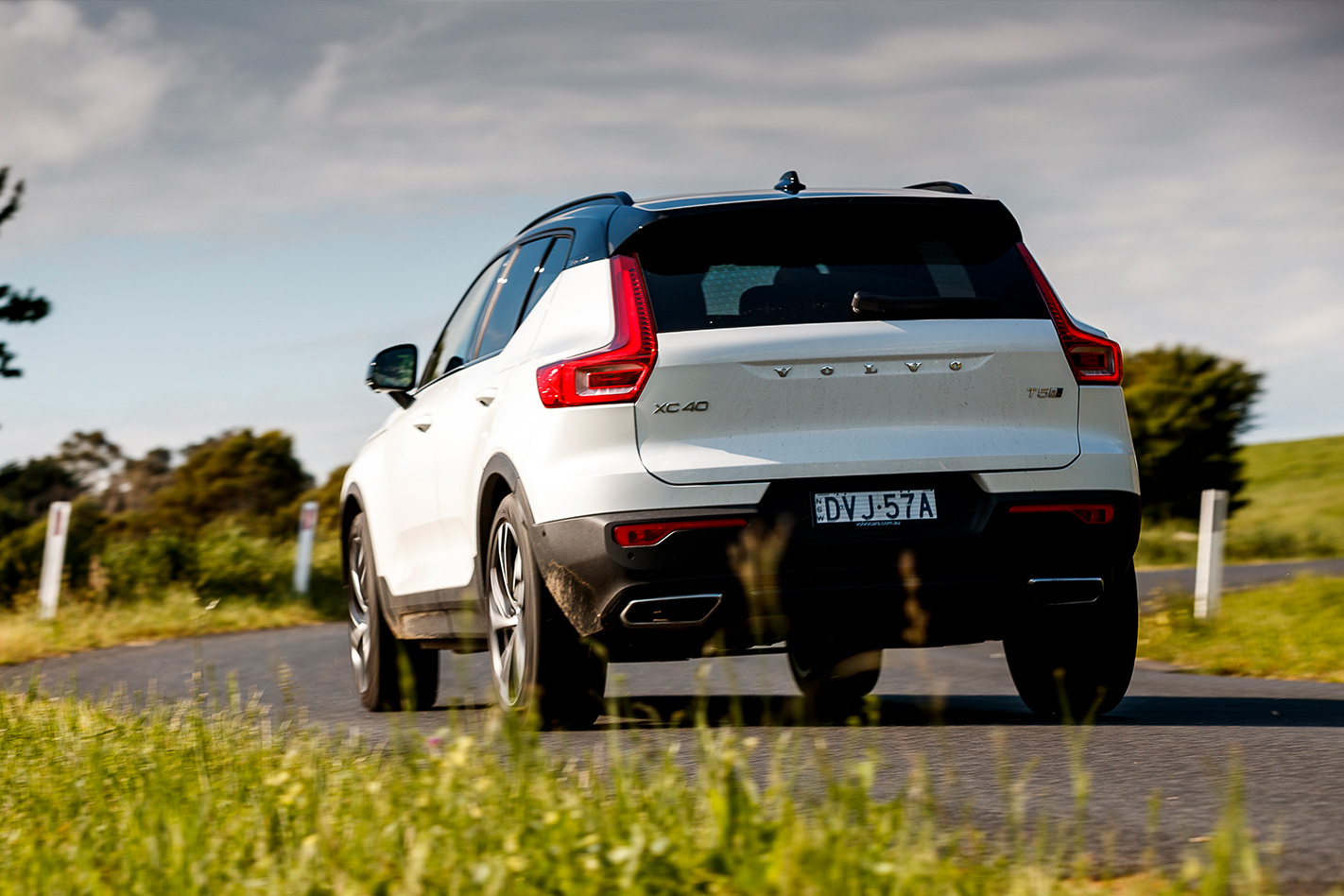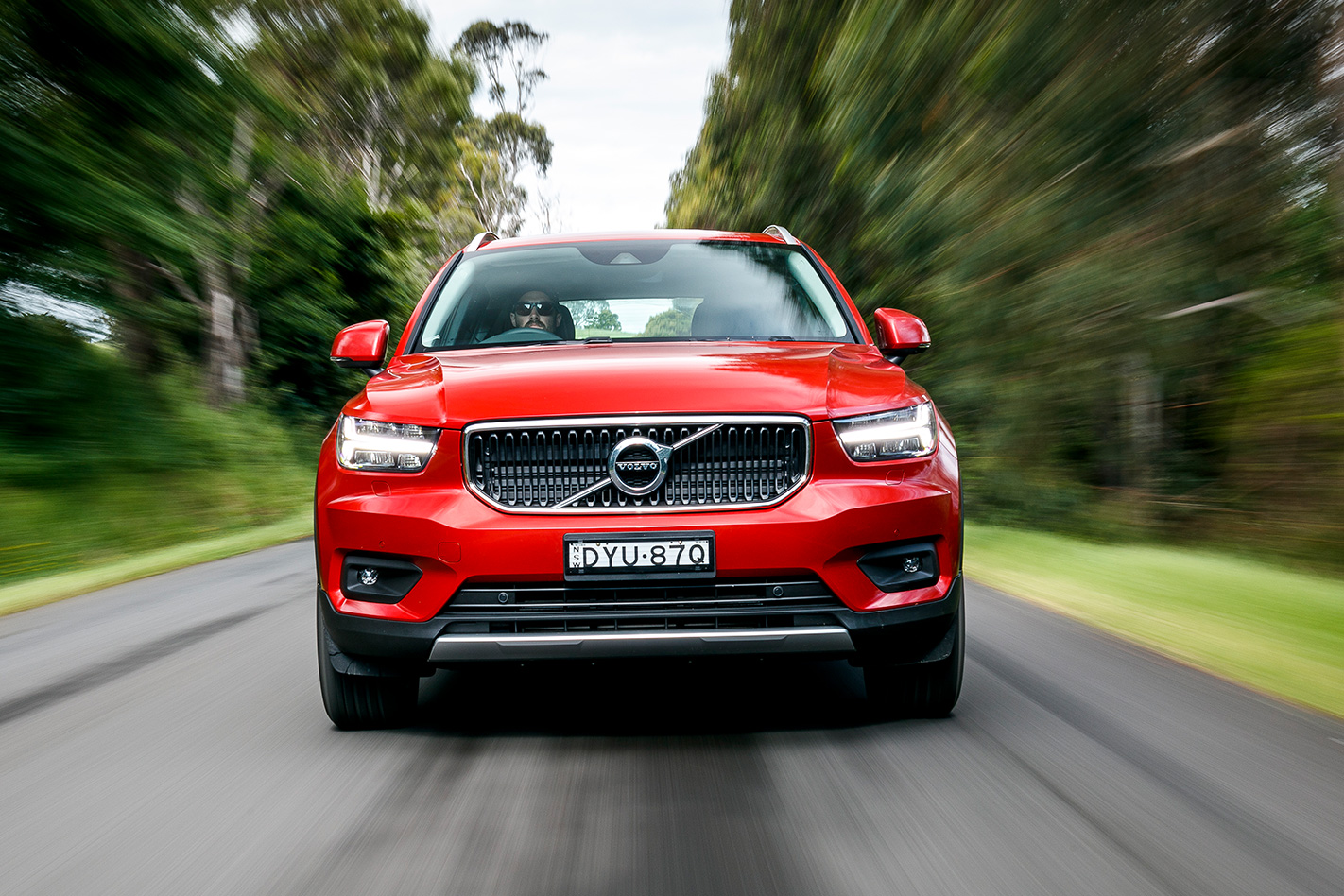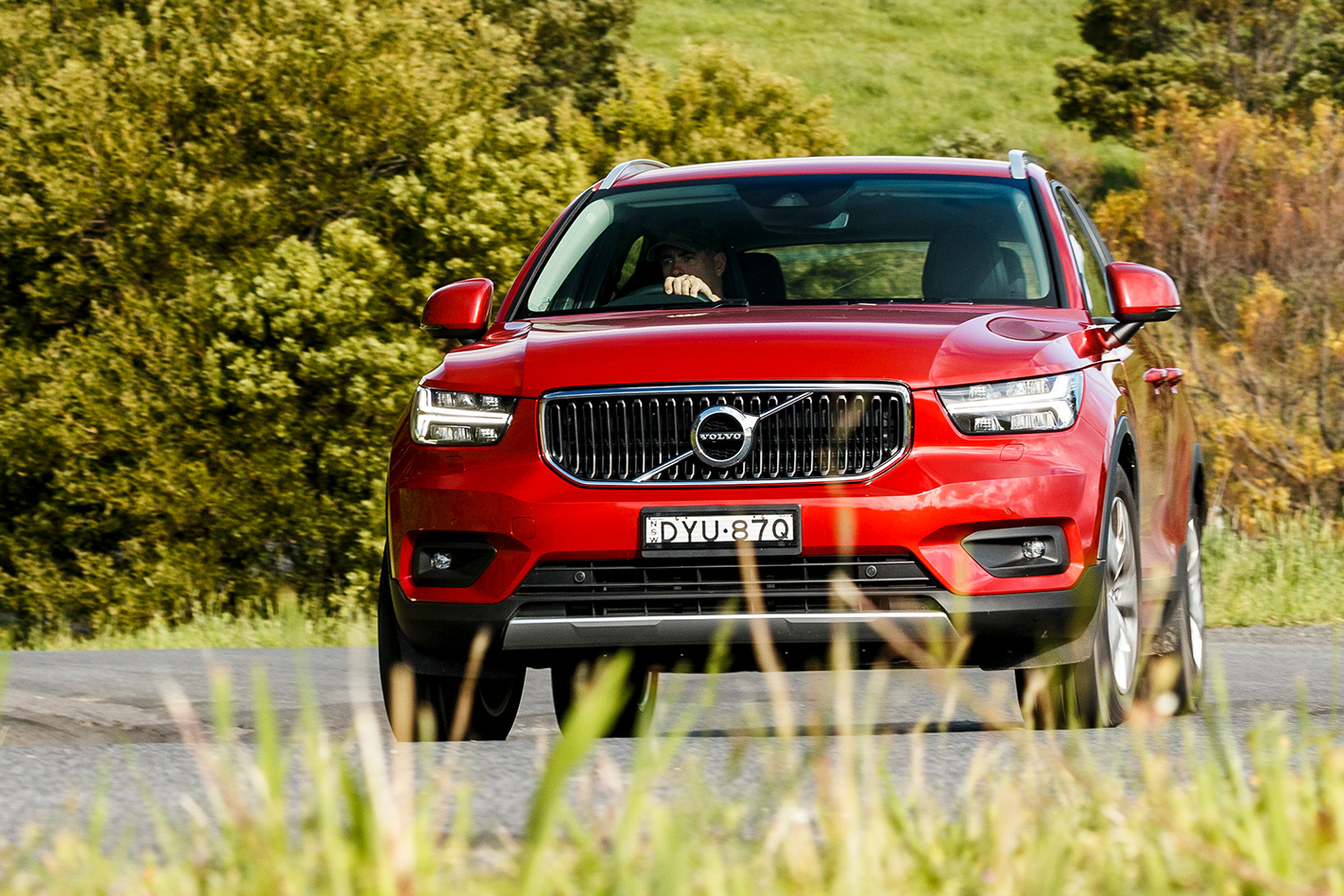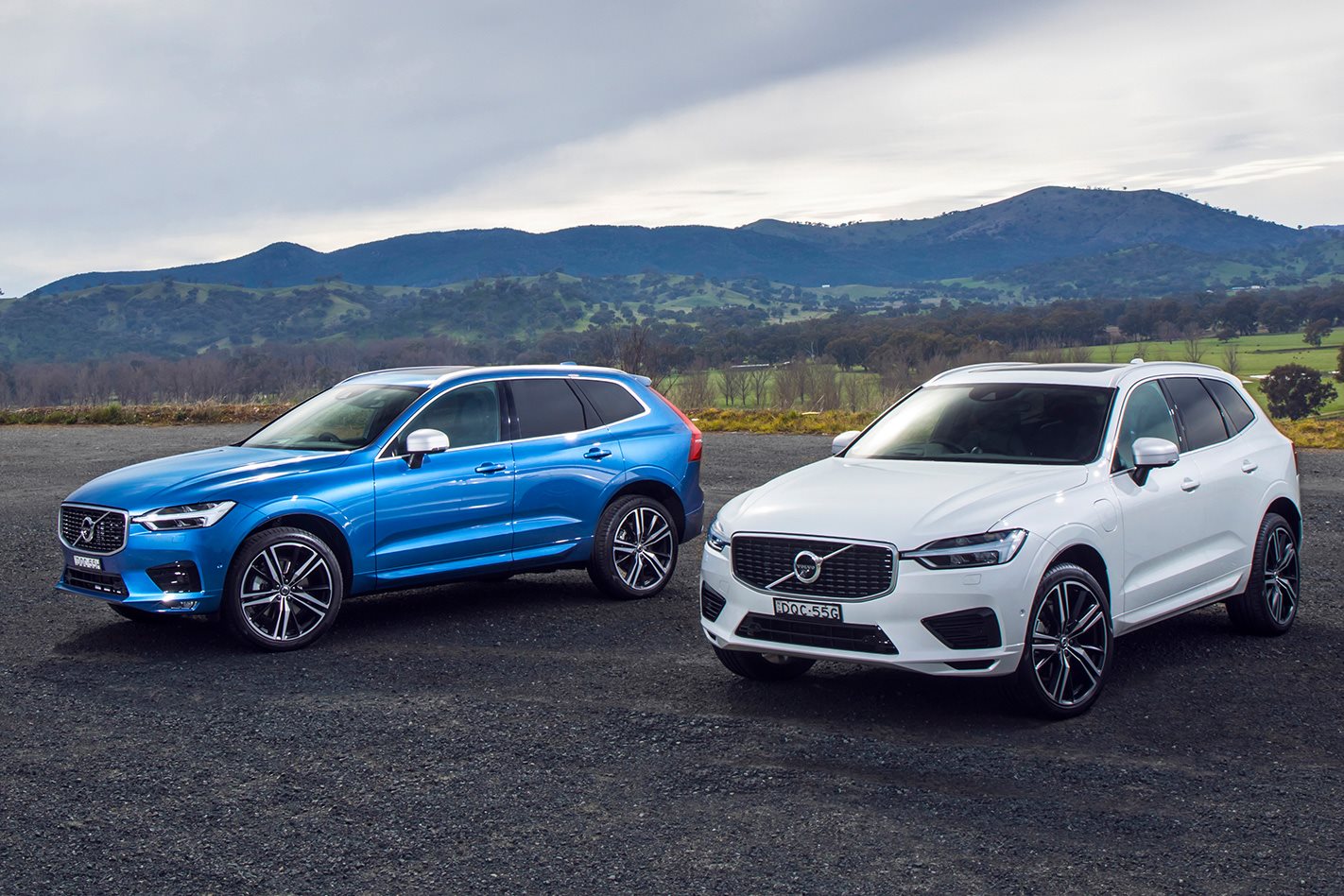The thing that differentiates a lot of the best products in the world is how good the warranty is.
Buy a German tool and you’re likely to get a longer warranty over something built in many other parts of the world, or shop kitchen appliances and the same rule applies.
Look at cars, however, and the opposite is true.

It’s mostly emerging car brands that advertise long warranties and low fixed-price servicing costs in order to get market share. Kia built a reputation with its seven-year, unlimited km coverage in Australia which has now been adopted by entering Chinese brands Haval and MG, and reborn South Korean outfit Ssangyong made headlines by touting its own seven-year peace of mind deal.
Meanwhile, premium brands such as Mercedes-Benz, BMW and Jaguar still offer a three-year warranty. Most mainstream brands have gone to five-year programs, but premium offerings are just not budging.
For Volvo Australia managing director Nick Connor, it represents an opportunity for the Swedish maker to stand out against premium rivals.
“We have [investigated a five-year warranty] and I see it as an opportunity for Volvo,” Connor told Wheels during an event in Sweden last week.
“We haven’t made a formal decision to do it because I can’t tell you the many hoops we have to go through,” he admitted.

Volvo does not offer anything longer than a three-year warranty in any of the markets it sells in and is backed by an even shorter two-year arrangement in its home country. That’s a slight roadblock for the Australian arm to overcome, but Connor is optimistic the maker will go to five years locally.
“None of the premium brands have moved on this around the world, really, so the question is ‘what is our incentive to do it?’ Our incentive is that it doesn’t actually cost us very much to do it because our warranty claims are very low.”
According to Connor, there is a lack of pressure from consumers on any of the premium brands to go longer, despite Australian consumer law making three-year warranties circumventable.
“I think it’s because they [premium brands] haven’t had to do it,” he said.
“You look at Audi’s sales and go, ‘Do they need a five year warranty?’ – no one needs a five year warranty. I think the question for me is actually how much does it cost us? Well, not a lot of money. Is it a differentiator for us? Definitely.
“They’ve [consumers] got legal rights to this anyway, so we’re not giving them something they’re not entitled to by law anyway.

“We get the argument, we’d like to do it, we’re in the process of doing it, but we’re not quite there yet.”
Beyond investigating its current warranty offering, Volvo says it will also reduce servicing costs, citing historically high fixed and a la carte programs compared to most rivals. Connor says that could be putting buyers off the product.
“It’s something we’re definitely aware of,” he said.
“I got slightly frustrated last year because we’d look at great reviews and the only caveat was, ‘but the servicing costs are high’. I don’t want to read another review that says servicing is too expensive.”
“You can rationalise it [with the cost per part] but the consumer does not understand it, so it is an issue and we are aware of it and we are doing something about it. Basically, we are lowering the costs and we will be offering better fixed-price servicing too.





